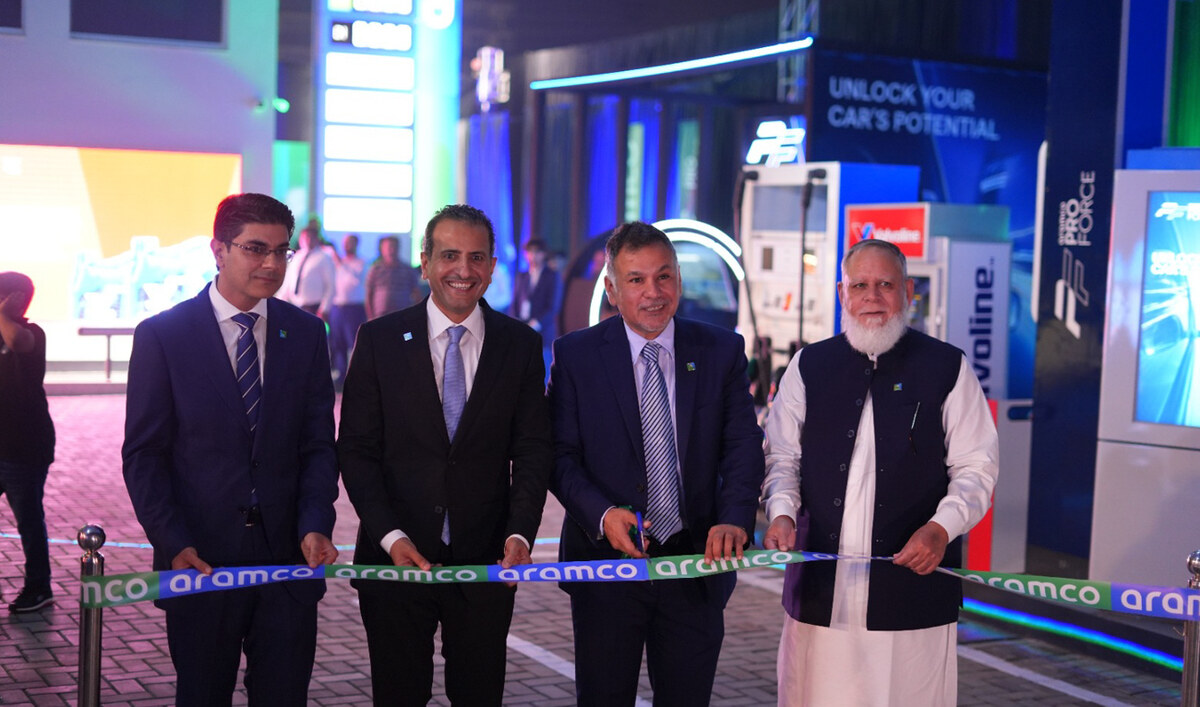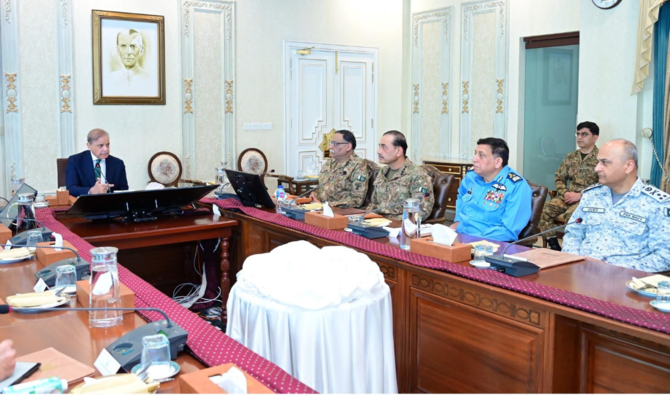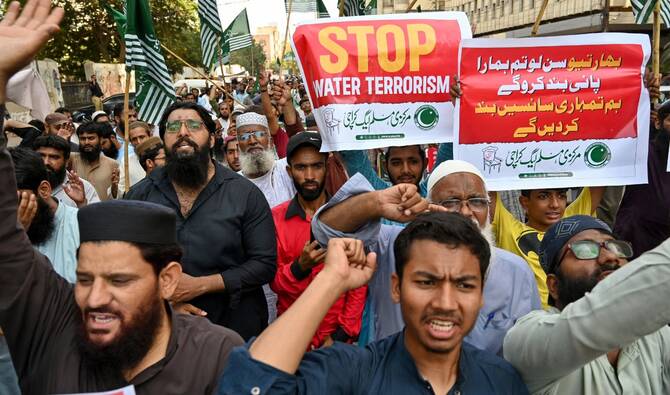KARACHI/ISLAMABAD: Saudi oil giant, Aramco, on Tuesday unveiled its first branded retail gas station in Pakistan in the eastern city of Lahore, months after its acquisition of a 40 percent stake in Gas & Oil Pakistan Ltd. (GO) petroleum company.
Aramco is a global integrated energy and chemicals company that produces approximately one in every eight barrels of the world’s oil supply. GO, one of Pakistan’s largest retail and storage companies, is involved in the procurement, storage, sale and marketing of petroleum products and lubricants.
The Aramco-branded stations in Pakistan will offer branded premium fuel, high-quality lubricants, professional automotive services and modern convenience stores to provide a seamless customer experience, according to a statement shared by Corporate and Marketing Communications (CMC), which handles Go and Aramco’s public relations in Pakistan.
“This is another milestone in Aramco’s downstream growth story, as we launch the first Aramco station in Pakistan — a market with significant growth potential,” Yasser M. Mufti, Aramco executive vice president of products and customers, was quoted as saying by the CMC.
“Our values of excellence, innovation and community partnerships sit at the heart of what we do, and will act as our guide as we leverage our extensive global refinery systems to ensure reliable supplies to customers while introducing our complementary world class retail offerings.”

Officials inaugurate Saudi Aramco's first branded gas station in Lahore on October 29, 2024. (Photo courtesy: Saudi Aramco)
Together with GO, which has a network of over 1,200 fuel retail stations in Pakistan, Aramco plans to expand its retail network and establish a presence in the fast-growing Pakistani economy.
“We are confident that this partnership will deliver exceptional value to customers,” Mufti said.
Khalid Riaz, the GO chief executive officer, echoed the sentiment, saying the first Aramco-branded gas station in Lahore was a testament to their commitment to excellence and innovation.
“Together with Aramco, we aim to elevate the retail fuel landscape in Pakistan, setting new benchmarks for quality, service, and customer satisfaction,” he said.
Pakistan and Saudi Arabia enjoy strong trade, defense and cultural ties. The Kingdom is home to over 2.7 million Pakistani expatriates and serves as the top source of remittances to the cash-strapped South Asian nation.
In February 2019, Pakistan and Saudi Arabia inked investment deals totaling $21 billion during a visit by Saudi Crown Prince Mohammed bin Salman to Islamabad. The agreements included about $10 billion for an Aramco oil refinery and $1 billion for a petrochemical complex at the strategic Gwadar Port in Pakistan’s Balochistan province.
Both countries have been working in recent months to increase bilateral trade and investment, and the Kingdom this year reaffirmed its commitment to expedite an investment package worth $5 billion for Pakistan.





















